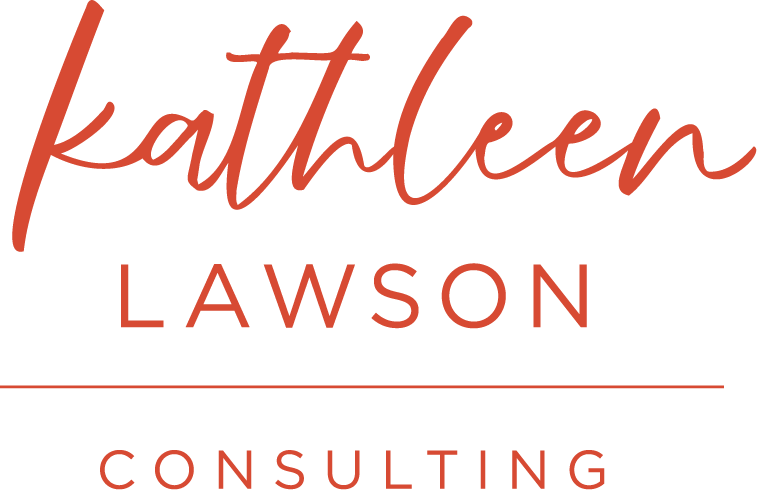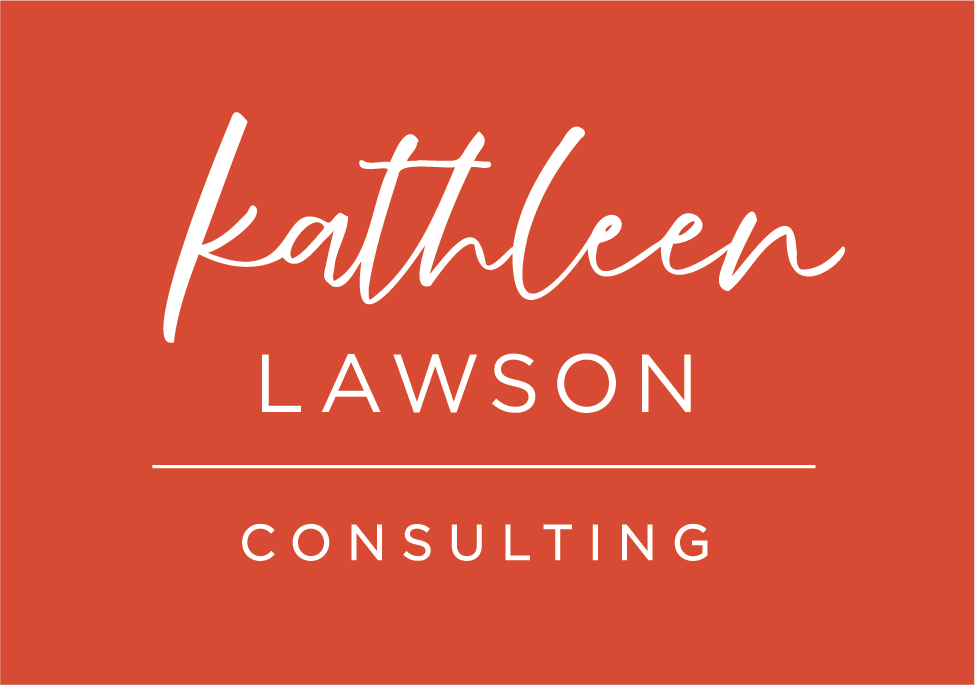Story Time: What Happens if You Don’t Have a Weekly Planning Routine
The pressure of client work, the instant gratification of getting paid, and not honoring boundaries with your schedule are the top three obstacles to consistently working on your own business. The problem is, you’re surviving transactionally - from one client to the next. When business owners don’t have a weekly planning routine to keep the wheels turning on the business bus, they deal with constant stops and starts.
I see many business owners focus first on client work that needs to be done. Or the client calls looking to meet with them during a time they blocked for something else and they won’t say, “oh I’m unavailable at that time, can we meet at this other time.”
Why is this such a common struggle? So many reasons!
Your priorities are not clear
You can’t say no to clients who make demands
You take on too much work over too little time
But the main issue I see repeatedly with my clients is they resist having a weekly planning routine.
Scheduling Boundaries
I’ve listened to many business owners explain why they couldn’t say no when a client wanted a call at an unreasonable time or wanted their work done yesterday. But in their own lives they accommodate everyone else’s schedule - doctors, the dentist, yoga class, your kids activities. Clients will respect your schedule if you do. If they won’t, they don’t respect your boundaries and are not your client.
Setting Up for Success
There are a lot of songs out there about money, and it’s no surprise. We love our work, and we also love to get paid. But focusing solely on dollar signs will burn you out. Setting up systems, processes and a delightful client experience may take time and patience, but they are better strategies for make money consistently and long-term.
Reflect and Respond - Not React
Some people are initially excited about the hustle of running a business and juggling a number of things at once. But when that honeymoon is over, they find themselves exhausted from reacting rather than planning. You can’t be organized if you don’t block time to get organized. Working ON your business regularly establishes a calm and strategic mindset. We want intentional growth, not burnout.
Some limiting internal dialogue:
If I don’t drop everything every time this client calls, I will lose them.
Planning is a luxury.
I have to be in income producing mode all day every day.
I have to constantly check my emails and social platforms or I might miss an opportunity.
I don’t need a system to track my contacts. I have a good memory.
So what happens when you’re consistently inconsistent with your weekly planning?
You’re not intentional with your time
Unfortunately, without intention, business owners can get sloppy. Double booking meetings and calls, scheduling appointments when you have personal obligations, and working during days and times off to correct these mindless mistakes.
I once hired someone for a small project. She had to reschedule our call because she had no idea that I chose a time that she was on vacation. If she was aware of the dates on her calendar, her vacation would have already been blocked off, and she would have realized sooner that I had scheduled for a time that didn’t work. When we finally did have the session, she was not prepared and had to offer me some extra deliverables to smooth things over.
The first thing we do during CEO Hour is take a look at our calendars, block out the buffer time we need, and add or adjust anything we need to have prepared to our “to-do” list.
You’re not progressing with your goals
Goals and dreams are not the same. Dreams are visions that hang around for someday, while goals are things you take action on right now to achieve. Except when you don’t know how to break them down into realistic tasks that move you forward.
Again, I’ve seen many business owners with “goals” they don’t progress on because they don’t have a strategic plan with daily and weekly tasks to get there.
Another key step in CEO Hour is revisiting progress with your action steps.
Are you prioritizing tasks and giving yourself the right amount of time to complete them?
I worked with a client who had the same goal for three years - to develop a workshop - but she never actually worked on it. Similarly, key activities that are crucial to your business don’t get accomplished because you don’t take the time or have any system in place to keep you on track. Things like business development activities or bookkeeping.
You burn out
If you don’t have a work plan that syncs with the time you have available, and instead you are in reactive mode 24/7, you’re going to burn out. Many clients come to me at this point.
I had one client who was very resistant to planning time because she was in an absolute panic about working all the time. But she had no priorities and no plan in place. “She didn’t know if she was coming or going” applied here. It took a while for her to see that getting organized and setting priorities was worthwhile and valuable. She started working more intentionally, calmed down, AND her business started to grow.
You stop growing
If you only focus on what’s right in front of you, you’ll be at the same place at the end of each day. Investing time in planning lets you look up for a bit and strategize what’s next. Creating new services, meeting new people, and upleveling the clients you want to work with all require time away from client work, and time to get organized and make a plan.
My clients learn the importance of protecting that 60 minutes each week for CEO Hour like they would protect an appointment with a client. You need at least an hour to organize your calendar, update your work plan, set your priorities for the week, and track key tasks.
Curious? Let’s set up a call and I’ll tell you how CEO Hour works.


